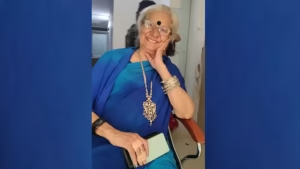Today, eight Democratic women governors — Maura Healey (Massachusetts), Katie Hobbs (Arizona), Kathy Hochul (New York), Laura Kelly (Kansas), Tina Kotek (Oregon), Michelle Lujan Grisham (New Mexico), Janet Mills (Maine), and Gretchen Whitmer (Michigan) — are changing the political scene. These women have achieved historic firsts in their states and have built strong friendships, especially during the COVID-19 pandemic.
They regularly communicate, share advice, and support each other during tough times. For example, during the pandemic, they worked together to get personal protective equipment and stood united against divisive remarks from then-President Donald Trump.
Their friendships go beyond politics, with frequent calls, texts, and dinners that include their families. This close network helps them navigate the challenges of being governors.
Governors like Healey and Lujan Grisham often share advice on issues like asylum-seeker policies and early education, showing a cooperative rather than competitive spirit. This support helps them address important issues, from economic growth to public safety, proving that women can lead effectively in all areas.
These Democratic women governors challenge traditional views of leadership. They focus on bold, practical solutions and bring a personal touch to their roles. Their diverse backgrounds and styles show a move towards more inclusive and caring governance, inspiring future women leaders.
By achieving significant results and transforming their states, these women show that leadership is about vision, resilience, and a commitment to public service, not gender. Their success is changing perceptions and paving the way for more women in top leadership positions.










